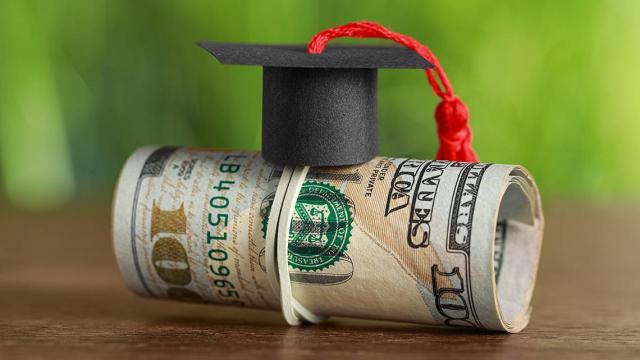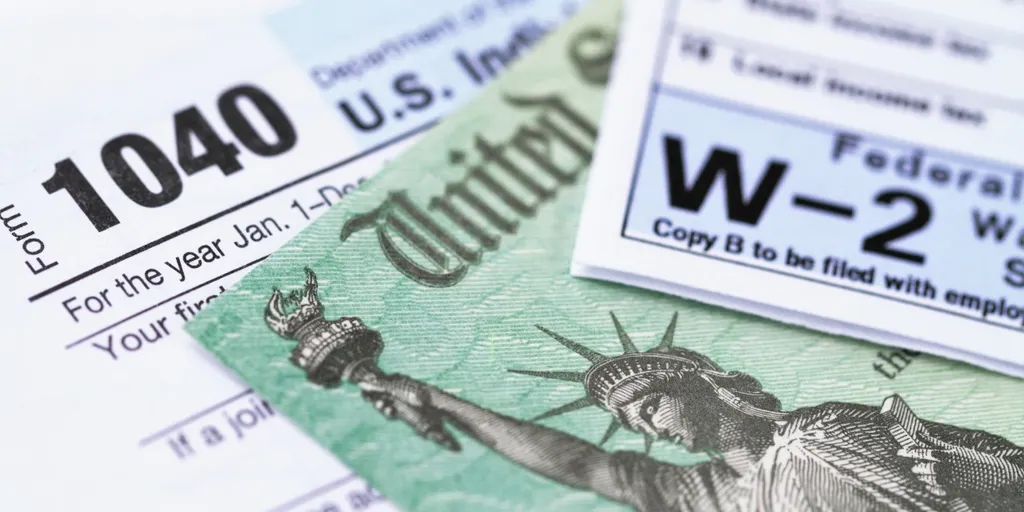A common concern among loan recipients is whether their student loans will deduct their tax returns.
A new law was been approved in the US to assist everyone who has student loan debt. Providing a student loan program was one of the finest strategies for universities to increase their revenue. The cost of education in American society is one of the highest in the world.
If you were in default on a federal student loan, the government might simply garnish your tax returns to help pay down the outstanding balance.
However, the government has stopped using this and other forms of collection in recent years. What transpires to debtors attempting to obtain their tax returns without the government getting involved?

How should I know if the garnishment of my tax return occurs?
To figure out if the IRS will withhold your tax return or not, you’ve got a better option. The good thing is that tax refund offsets do not apply to every loan. This will discover whether a repayment of a debt that is not federal tax will occur.
Right now, the only federal student loans that could result in a garnished tax refund are those that are in default. These outstanding loans usually go into default approximately 270 days after the previous past-due payment.
However, the loan servicer is going to report your account to the 3 major credit bureaus after the debt is 90 days past due. Tax refund garnishments are not permitted for private student loans.
You are going to receive a letter from your loan holding informing you that you were sent to the Trasury Offset Program each time your tax refund is at risk of being garnished. This task force of the US Treasury Department works with accepting federal payments to settle past-due bills owing to government organizations.
Past-due child support payouts and other debt categories are other areas they handle. Your student loan provider will give you a tax offset notice before seizing your tax refunds.




